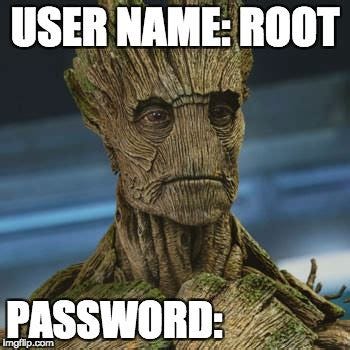Happy New Year! I hope your new year is happy, healthy and prosperous.
Inspirational tweet for this week’s post (a Bitcoin Core developer, someone you would consider an “expert,” lost his Bitcoin and asked the FBI for help; then Bitcoin Twitter freaked out about it):

Here are some of the most important things to remember when it comes to securing your Bitcoin in self-custody:
Use a hardware wallet: Hardware wallets are physical devices that store your private keys offline, which makes them much more secure than software wallets.
Enable two-factor authentication on exchanges where you purchase Bitcoin or have collaborative custody arrangements: This adds an extra layer of security to your wallet by requiring you to enter a code generated by an app in order to access your funds.
Use strong, unique passwords: Make sure to use strong and unique passwords for your hardware wallet and any accounts associated with it. Avoid reusing passwords and consider using a password manager to generate and store your passwords.
Keep your hardware wallet in a secure location: Don't leave your hardware wallet lying around and make sure to store it in a secure location, such as a safe or a lockbox.
Keep your software up to date: Make sure to regularly update the software on your hardware wallet to ensure that you have the latest security fixes and features.
Enable pin code protection: Most hardware wallets allow you to set a pin code that must be entered in order to access the device. Make sure to enable this feature and choose a strong pin code.
Don't share your private keys: Your private keys are the keys to your Bitcoin. Make sure to keep them safe and never share them with anyone.
By following these best practices, you can help ensure that your Bitcoin is secure in self-custody. I wrote a rather extensive post on security a few months ago. Here’s a link if you are interested:
You don’t have to be a genius to have good security; it just requires some common sense that you would normally apply to anything of value physically in your possession.
Here are some of the key things I have learned and implemented myself:
Use an offline hardware wallet (signing device) to store your Bitcoin
Keep the private key written on a piece of paper or on a metal “seed plate,” stored in a safe location physically separate from the signing device
Don’t store your private key on your phone or online anywhere - physical is best
If you have a large amount of Bitcoin, consider a multi-signature collaborative custody solution (like Unchained Capital); it’s significantly harder to compromise than single signature and in the event one of your keys is compromised for any reason, you can still move your coins
If you use collaborative custody (2 of 3 keys required to move your coins), you will need two signing devices and you need to make sure you keep the private keys and signing devices in (ideally, four) separate locations to enhance security
Working with a good Bitcoin-native collaborative custody provider has other benefits, including continuing education, off-platform multi-signature wallet recovery, “key checks” to make sure signing devices are valid and functioning, integration of other financial services including Bitcoin purchases, loans, etc.
Not financial or legal advice, for entertainment only, do your own homework. I hope you find this post useful as you chart your personal financial course and Build a Bitcoin Fortress in 2023. To see all my books on investing and leadership, click here.
Always remember: freedom, health and positivity!
Please also check out my Bitcoin Fortress Podcast on YouTube here and on all your favorite streaming platforms.





